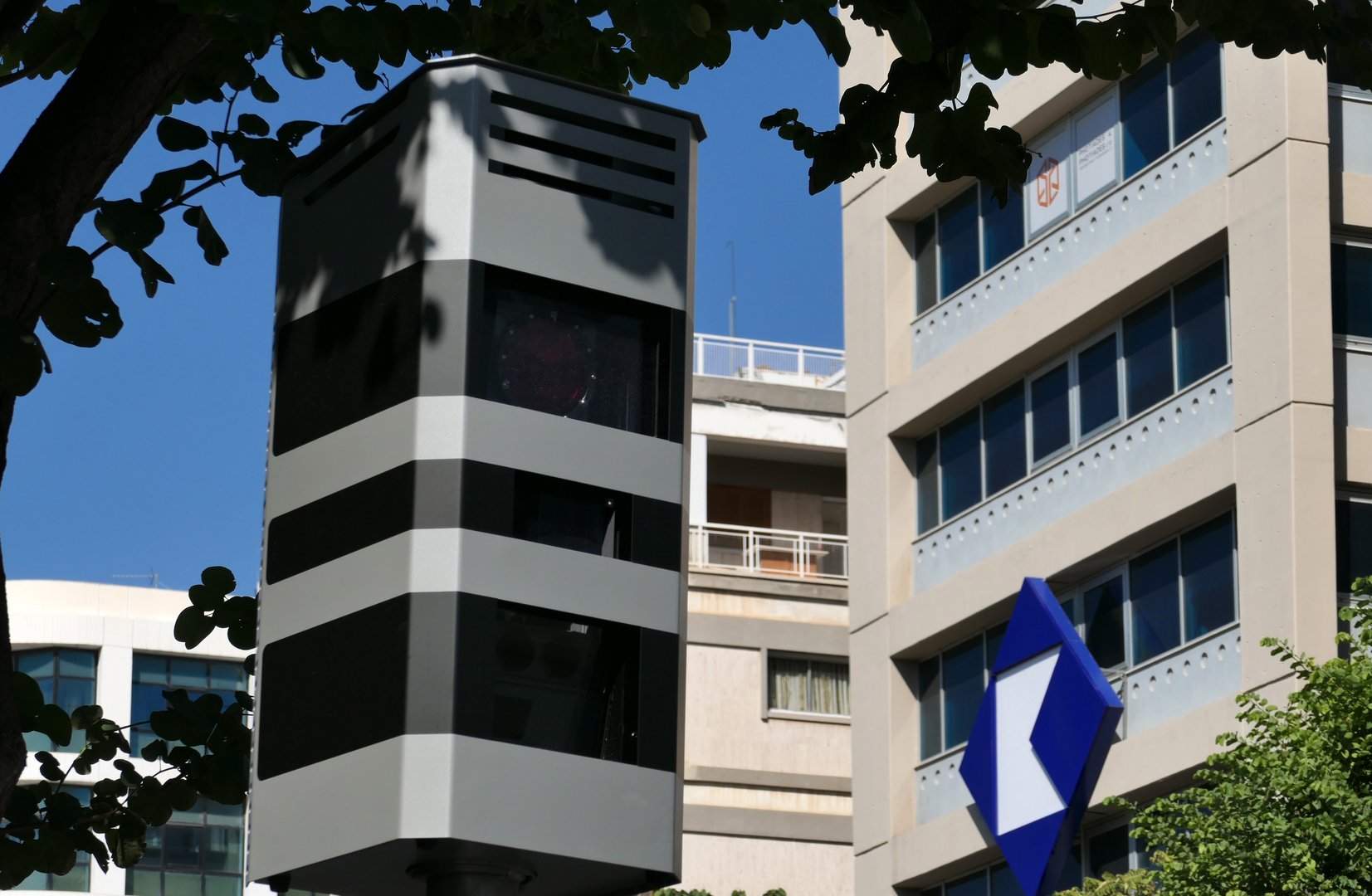The House on Thursday gave the nod to government legislation regulating the use of traffic cameras on roads and the issuing of fines – with the surveillance system expected to launch on a pilot basis by the end of the month.
Despite passing the related bills, opposition lawmakers grumbled that the government had presented them with a fait accompli – namely that it had brought the bills to parliament only after it had signed the deal with the company awarded the traffic cameras contract.
MP also inserted an amendment, removing from car rental companies the liability for payment of fines in the event a vehicle of theirs has committed a traffic violation. Instead, liability for payment of the fine falls on the customer renting the vehicle, or the driver at the time in question.
It is hoped the use of cameras will not only help reduce accidents, but also aid in better tracking traffic offenders.
Violations recorded by the system will be collected at a central hub from where notifications will be sent out to traffic offenders under the supervision of police.
The deal signed between the government and the contractor provides for 90 fixed cameras at 30 traffic blackspots islandwide, plus 20 mobile cameras for speeding for which police will decide the location and hours of operation on a day-to-day basis.
Cameras will report speeding, running a red light and crossing a stop line. Once these are detected, other offences such as use of a mobile phone while driving, drivers not wearing a seat belt or bikers not wearing a helmet, can also be reviewed.
The project will be rolled out in three phases. The pilot phase covers four fixed and four mobile cameras and all the equipment for the centre. Phase one covers the installation and operation of another 16 mobile and 20 fixed cameras and phase two the remaining 66 fixed cameras.
The timeline for the pilot phase is the end of October. It will operate on a trial basis for up to three months. Phase one should be up and running in July 2022, and phase three in June 2023. The contractor will maintain and operate the system for five years under the supervision of the police. No fines will be issued for the first 30 days, but offenders will receive warning letters.
The €34m project comes more than a decade after a first attempt at a traffic camera system was ditched due to legal and technical difficulties.







Click here to change your cookie preferences